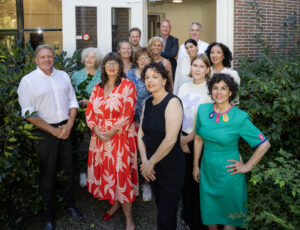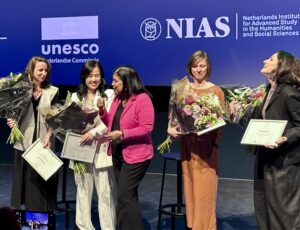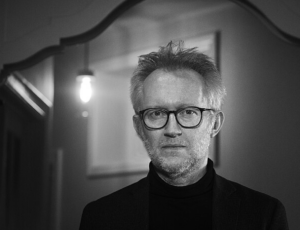On Thursday, 24 February 2011 at 11.00, this year’s NIAS Philosophers will hold a NIAS roundtable seminar. Joel Anderson, Paul Bakker, John Horty, Hans Radder, Tadeusz Szubka, and Paul van Tongeren will discuss the real implications of neuroscience for free will and the mind-body problem.
Neuroscientists and psychologists are increasingly making bold claims about the implications of their scientific findings for age-old philosophical issues, such as the metaphysics of the mind-brain, the authenticity of our desires, and the reality of free will. This is often formulated in terms of the slogan that “we are our brains”. In this roundtable discussion, six NIAS Fellows from a variety of philosophical subdisciplines will critically discuss this frequently made claim.
The seminar consists of three short discussions among the participants, each of which will be followed by discussion with the audience:
We begin by addressing several fundamental methodological concerns and questions of metaphysics and ontology. What would it mean, for example, for us to be “identical to” our brains, and how that differs from being “dependent upon” and “partially constituted by” our brains? Are physical entities ultimately the only things that are real?
The second set of issues have to do with the nature of the relationship between mind and body. Are the conflicts that we experience between what we think is good for us and what we find our body doing best thought of as conflicts between two independent forces? Or is the reflective reasoning of the mind ultimately the only standpoint from which we can determine which desires we ought to act on? Or, alternatively, do our bodily reactions represent a source of insight that deserves authority over rational intellect?
Finally we take up the complex issue of free will. Neuroscientists often claim that all our actions are caused by our brains, and thus that free will is an illusion. Can this claim be supported by the scientific evidence? And if so, are there nevertheless good reasons for thinking that freedom of the will is possible even in a physically deterministic universe?
Clearly, we will not resolve all of these issues in one ninety-minute seminar, but we hope to suggest some alternatives to the dominant perspective of neuroscientists, as well as plenty of material for lunchtime discussions during the spring semester.



